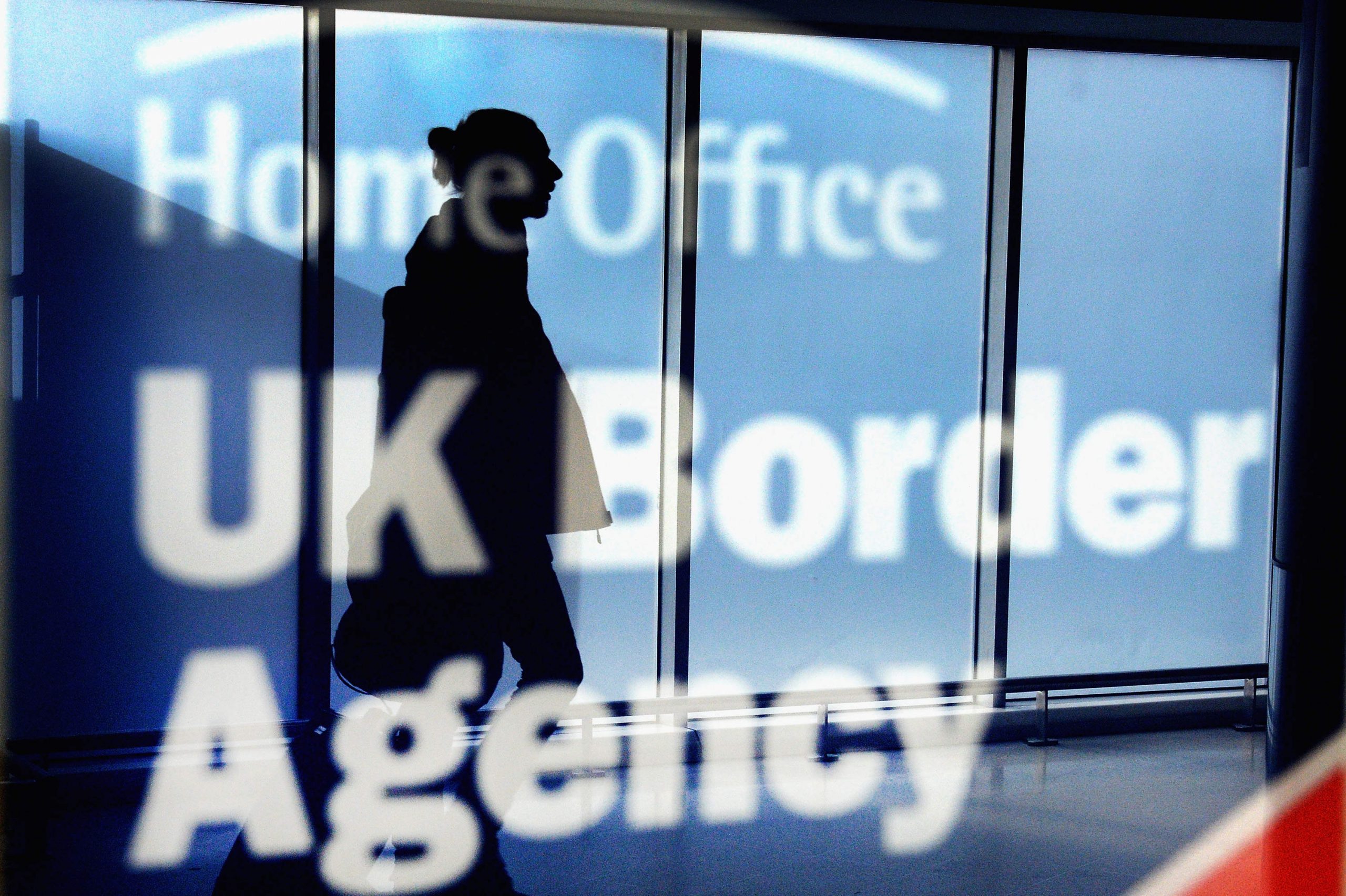
The incomprehensible sight of a three-year-old boy washed ashore onto a beach in Turkey has belatedly led Britain to stop ignoring the refugee crisis. Yet there is another issue that cowardly British politicians ignore: the presence of over half a million illegal immigrants in the UK today.
Few of these arrived on trucks from Calais. Most illegal migrants came to the UK legally to work, but remained after their visas expired. Children of illegal migrants are here illegally too, even if they have spent every day of their lives in the UK.
The upshot is simple. There are “two categories of people in our great city, one group who live normally and another who live in the shadows unable to contribute fully to the rest of society”, as Boris Johnson observed in 2009. Two years ago, he said it was “completely crazy” not to introduce an amnesty.
Indeed it is. Ridding the country of hundreds of thousands of illegal migrants would involved dragging children out of classrooms, sending many back to crisis-ridden countries where their lives would be imperilled and cost billions of pounds that the country cannot afford. Sensibly, the government is not even trying to do this. As Johnson noted two years ago: “We effectively have it [amnesty], if you’ve been here for more than 12 years I’m afraid the authorities are no longer prepared to pursue you, they give up.”
So we already have an amnesty by another name. But because politicians are afraid to admit as much, the government is unable to benefit financially.
British taxpapers are the losers. Illegal migrants use public services but barely contribute towards them: they don’t pay income tax. Introducing an amnesty would, according to a comprehensive study by the LSE in 2009, bring in a net £3bn a year to the British economy, which is why the Conservative MP Nadhim Zahawi also advocates an amnesty.
To quell the shrieks of an amnesty being soft on immigration, the money raised could be used to ramp up border security; the sort of trade-off that briefly held the promise of leading to comprehensive immigration reform in the United States.
An amnesty would particularly benefit Britons in low-skilled work. It does not matter how much George Osborne trumpets his “Living Wage” while illegal migrants can be paid below the minimum wage and undercut the rest of the workforce.
But the case for an amnesty extends beyond economics. It is also be a humane thing to do. “Irregular status means vulnerability to exploitation and destitution, creating a situation in which these immigrants are more likely to be pushed into the black economy,” says Don Flynn, the Director of Migrants Rights Network. In extreme cases illegal migrants can slip into sexual exploitation and forced labour.
An amnesty would end the fear illegal immigrants face of being deported and would stop the perverse punishment of children for their parents coming to Britain illegally.
Yet not only has David Cameron described the idea of an amnesty as “terrible”, but his government has also moved even further away from one. Until 2012, illegal immigrants who had lived in the UK for 14 years could apply for indefinite leave to remain in the country; now the threshold, only applicable in “exceptional circumstances”, has been extended to 20 years.
A Home Office spokesperson lays out the government’s latest approach to illegal migrants, which is far from an amnesty:
“We welcome those who wish to make a life in the UK, work hard and make a contribution – but those who come or stay here illegally are harming everyone else who plays by the rules.
“Our forthcoming Immigration Bill will create a new offence of illegal working and extend our deport-first-appeal-later approach to make it even easier to remove people who have no right to be in the UK.”
It is laudable that David Lammy, a Labour candidate for London mayor, has advocated an amnesty for the 300,000 illegal migrants in the capital, joining Johnson in recognising the common sense of an amnesty for illegal migrants. But their views count for little while the mayor lacks power over visas in the capital and the government’s intransigence on the issue remains.
Britain’s apparent wish to treat desperate refugees more humanely is welcome and overdue. Yet extending more humanity to the 500,000 illegal migrants already in Britain is also long overdue. Even on crude financial grounds, Britain would benefit.






